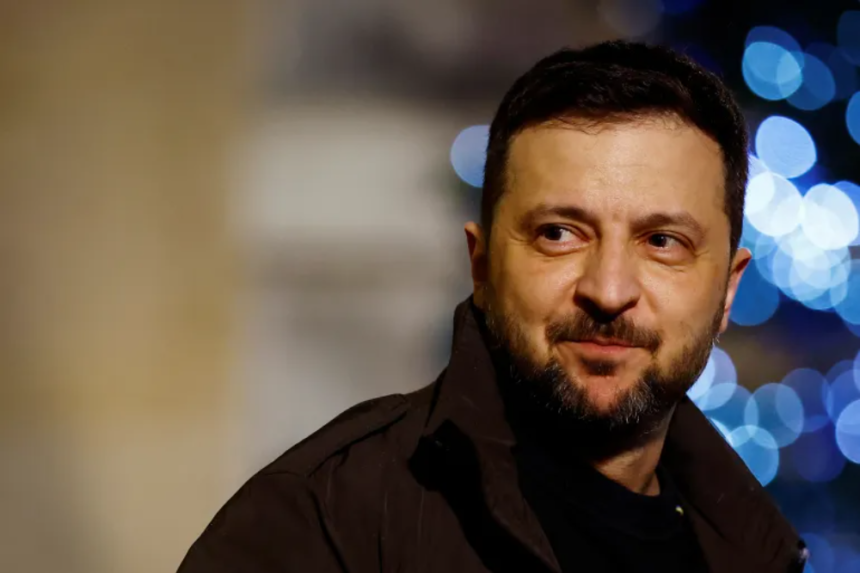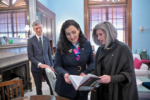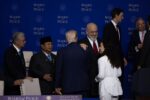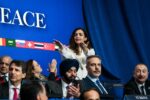Russian forces continue to close in on the strategic eastern Ukrainian city of Pokrovsk, while Ukrainian President Volodymyr Zelensky visits the frontline in Zaporizhzhia and calls for reinforcements. According to the Deep State war map platform, Russian troops are now only 3 kilometers away from the eastern part of Pokrovsk, which is a vital crossroads for Ukraine and its only domestic supplier of coke.
General Oleksandr Syrskiy, the Commander-in-Chief of Ukraine’s Armed Forces, highlighted the severity of the battle, calling for unconventional decisions to prolong Ukraine’s defense and destroy more of the invading forces. “The fight is extraordinarily tough. The Russians are using all their forces in an effort to break our defense,” Syrskiy wrote on Facebook.
This area has witnessed some of the fiercest fighting since the beginning of Russia’s full-scale invasion of Ukraine. Zelensky’s recent visit to the frontline in Zaporizhzhia underscores the growing pressure on Ukrainian positions, as they struggle to counter Russia’s military superiority.
Serhiy Filimonov, commander of the 108th “Da Vinci Wolves” Battalion, warned that the primary reason for losses as Russian forces push toward Pokrovsk is “unrealistic tasks” assigned to troops in the region, considering their limited numbers.
The intensification of fighting comes as both sides try to solidify their positions amid signs of a possible ceasefire and upcoming peace talks in the months ahead. European diplomats are also stepping up efforts to help end the conflict, with foreign ministers from France, Germany, and Poland meeting in Berlin to discuss ongoing support for Ukraine.
The European leaders are also preparing for potential peace discussions with U.S. President-elect Donald Trump, who has indicated that he might be able to end the war within 24 hours. However, there are concerns that his approach could pressure Ukraine to concede territory to Russia, potentially threatening the security of the European Union.
In a joint statement, European foreign ministers reaffirmed their commitment to providing Ukraine with unwavering security guarantees, including long-term military and financial support. The meeting in Berlin, organized by Germany’s Foreign Minister Annalena Baerbock, emphasized continued European support for Ukraine.
While Poland’s Prime Minister Donald Tusk has ruled out sending troops to Ukraine, discussions are underway about the possibility of deploying a European peacekeeping force of 40,000 soldiers. Zelensky has consistently called for strong security guarantees, including NATO membership, to prevent further Russian invasions.







